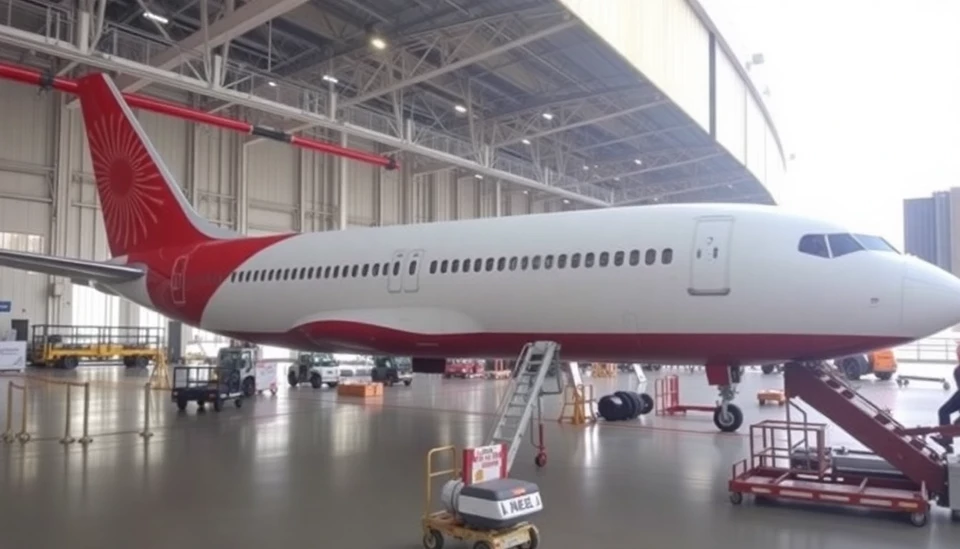
In a significant development for the aviation sector, Boeing has recently issued a cautionary statement regarding its aircraft delivery timelines. This warning comes on the heels of a strike that has notably hampered the company's ability to produce jets, underscoring ongoing challenges faced by manufacturers in the current economic climate.
The strike, which involves members of the International Association of Machinists and Aerospace Workers (IAM), has disrupted production activities and forced Boeing to reassess its output capabilities. As a result, the company has indicated that aircraft deliveries could be delayed longer than previously anticipated due to the substantial impact on its manufacturing operations.
Boeing, one of the leading players in the aerospace industry, has been grappling with a myriad of obstacles over recent years, including supply chain disruptions, the aftereffects of the COVID-19 pandemic, and now, labor strikes that threaten to exacerbate these existing issues. The IAM strike, which centers around demands for better working conditions and pay, has caused substantial slowdowns at several Boeing facilities.
The impact of the strike is expected to ripple through Boeing's production timeline, leading to a potential backlog in deliveries, which has raised concerns among airlines and other buyers who rely on timely aircraft acquisitions to update their fleets and meet customer demand. The company's statements indicate that it is working diligently to resolve the issues, however, uncertainty remains regarding how quickly operations can return to normal.
Despite declaring a commitment to ensuring the safety and quality of its aircraft, Boeing's management faces the critical task of navigating the complexities introduced by labor disputes while striving to maintain production schedules. Industry analysts warn that prolonged disruptions could have negative implications not only for Boeing but also for the global aviation market, which is still in the process of recovering from pandemic-related setbacks.
As attention remains focused on the resolution of the ongoing labor issues, the future of Boeing's delivery schedules hangs in the balance. Stakeholders are keenly watching the situation develop, as it will undoubtedly have repercussions for investors, airline operators, and the broader economic landscape within the aviation sector.
With the prospect of continued delays looming, Boeing's warning highlights the fragile nature of the aircraft manufacturing industry, where every strike, supply chain delay, or unexpected challenge can reverberate throughout the market.
As Boeing personnel and union representatives seek a resolution, the coming days will be crucial in determining how effectively the company can rebound from this setback and restore confidence among its clientele and investors.
In conclusion, while Boeing is striving to mitigate the effects of the strike and restore production flow, the aviation world watches with bated breath as the impending delivery dates are scrutinized and adjustments are anticipated.
#Boeing #AviationNews #AircraftDeliveries #LaborStrike #ManufacturingChallenges #AerospaceIndustry
Author: John Harris




